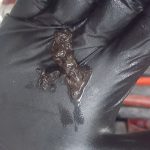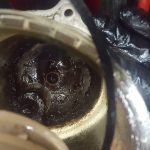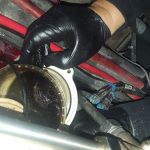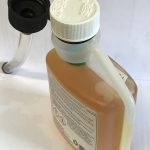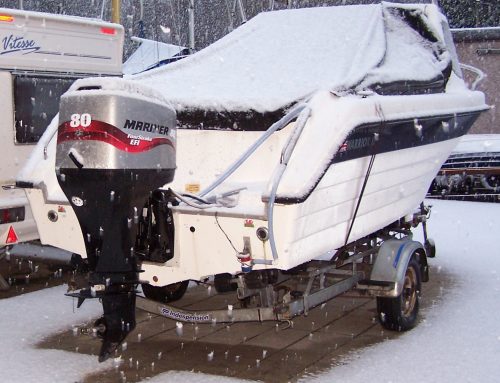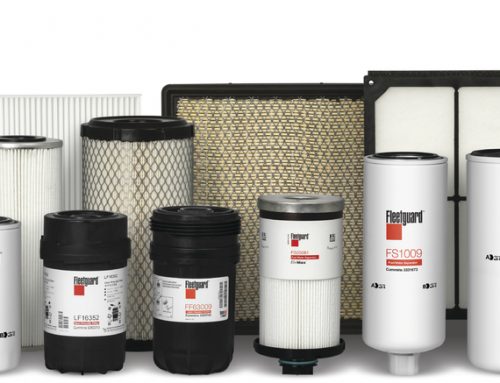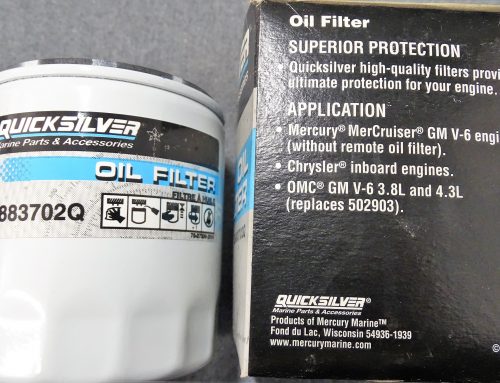Boat Diesel Fuel Bug
Some of our customers have recently come into our workshop having experienced issues with the dreaded boat diesel fuel bug. So, what is this, why is it on the increase, what problems can it cause, symptoms and how can you treat it.
‘Diesel bug’ is a term used for the small microbes (bacteria), fungi and algae that can exist in boat fuel tanks between the fuel and the water. They live on the water that may be inside the fuel tank, have a short lifespan during which time they reproduce rapidly. However, it is their waste products and the dead microbes themselves that can cause the sludge at the bottom of your fuel tank.
It is the introduction of biodiesel (i.e. diesel made from plants and other biological matter) into the petrochemical diesel, which our fuel is now made from, that has caused an increase in the boat fuel bug. Biodiesel is seen as more environmentally friendly than the original petrochemical diesel, but it has a higher water content and also attracts more water when stored. As the water content of our fuel has increased so has the number of diesel fuel bugs as they survive off the water. Biodiesel fuel is also more prone to other particulate contamination e.g. rust, dirt, wax, sand etc. This increases the amount of sludge in the bottom of your tank.
The sludge that forms at the bottom of your boat fuel tank from the waste products, dead microbes and other particular contaminants can cause fuel lines to become blocked, blocked filters, blocked fuel injectors which may eventually lead to engine failure. The thin layer of the sludge can also cause corrosion which in turn can affect boat fuel pumps and injectors.
There are several symptoms that you may experience if you have a diesel bug issue such as
- Filters becoming frequently blocked and needing to be changed often
- Unexpected loss of power, engine stops or difficulty starting the engine
- Sludgy sediments in your filters
- Black smoke or awful smell from fuel
- Fuel injectors becoming blocked requiring frequent cleaning
- Increase in fuel or oil consumption
- Cloudy fuel
Although difficult to remove there are still things that you can do.
- Prevention is better than cure. It is virtually impossible to prevent all water from entering the fuel tank (fuel tanks heat up during the day and cool down at night time which causes condensation water droplets in the fuel tank), but with good fuel management you can reduce the amount of water in your tank that these microbes live off. Good fuel management means storing fuel correctly (5-10OC), using before end date, removing old fuel and filling up with new diesel, the emptier the tank the more condensation build up will acquire and thus greater number of diesel bug.
- Using diesel bug treatments such as marine power blast (stocked at MES Ltd) either as a shock treatment or ongoing biocide
- Cleaning of your fuel tank

